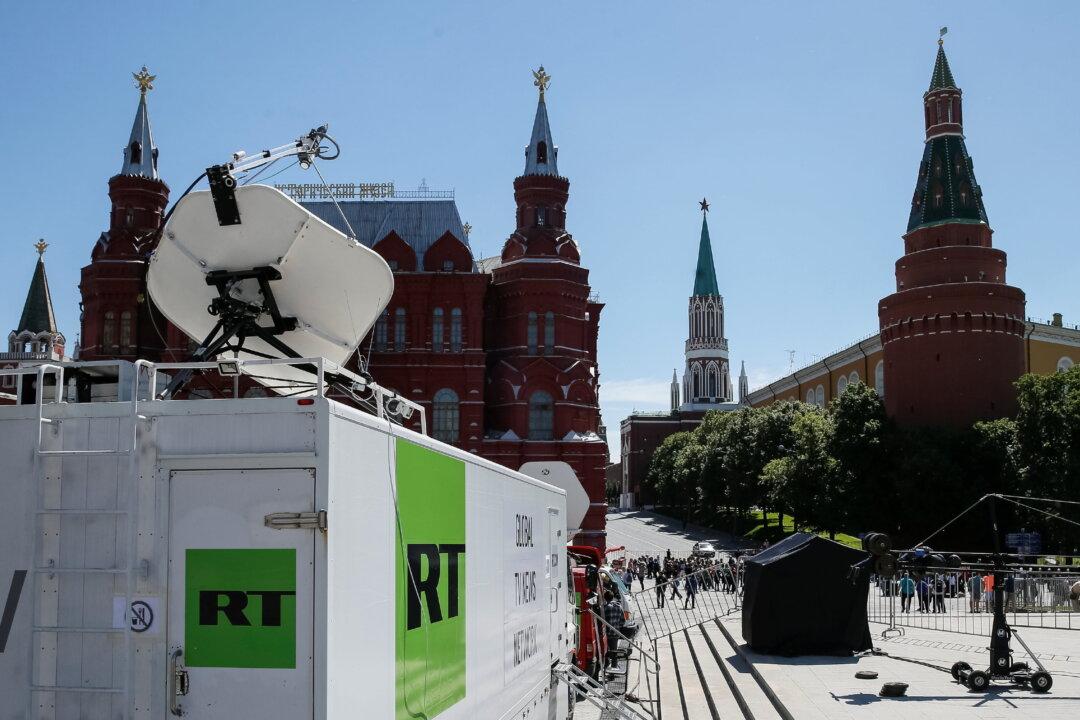The European Union will shut down the bloc’s airspace to all Russian planes and will ban Russian state media outlets Russia Today and Sputnik, according to the head of the European Commission
The EU will be closed down to Russia-controlled, owned, or registered aircraft, including the “private jets of oligarchs,” said European Commission President Ursula von der Leyen on Sunday.





